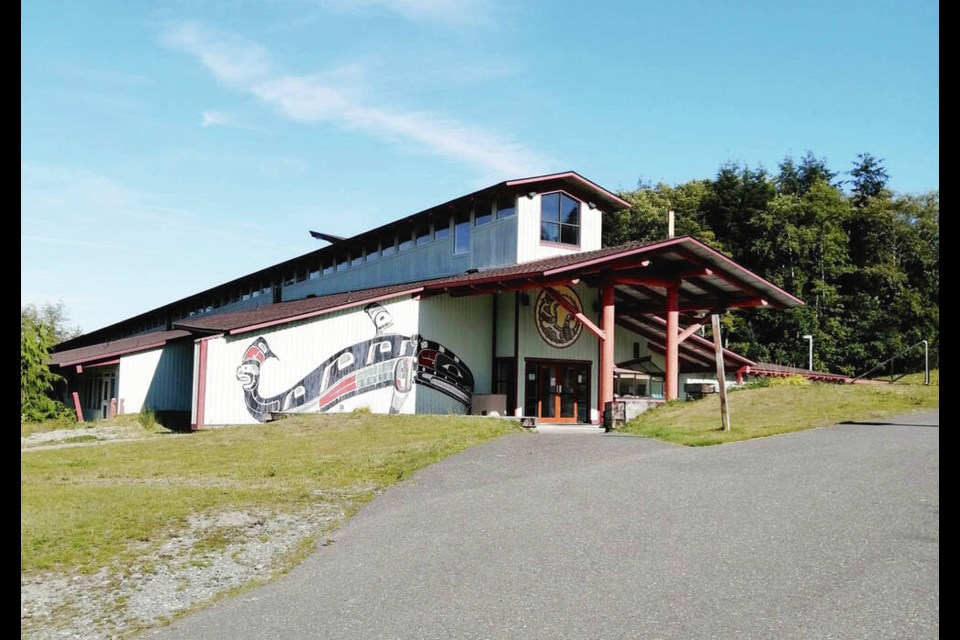An Alert Bay elementary school is facing backlash after a page from a sex education worksheet was posted to social media.
The worksheet, which asks students to “draw a picture of the private places where you can touch your penis or vulva if you want to,” was distributed to kindergarten students at T’lisa̱lagi’lakw School in ‘Namgis First Nation as part of a physical health/body safety education program.
The original Facebook post has been removed. However, a Twitter post sharing the image and indicating that students had been “sent home with a masturbation assignment” received just over 13,000 likes and was retweeted about 5,500 times.
‘Namgis First Nation Chief Don Svanvik said an investigation is underway, and administration officials are reviewing the incident, as well as curriculum standards for physical and health education at the school.
The worksheet is one page from the 94-page sexual-abuse prevention workbook Body Smart Right from the Start by certified sexual health educator Kerri Isham. It’s designed for kids ages three to eight.
Isham, based in Nanaimo, has authored three sex-education books and runs a sexual-health consulting business, Power Up Education. She said families are meant to work through the book together, helping kids understand what is safe and appropriate.
The page shared on social media is about teaching kids where it is safe to touch themselves, she said, noting that “all families have different rules about masturbation.”
“Some kids like to touch their private parts and some don’t — that’s true, there’s no debate over that,” she said. “And if you’re going to do that, you only can do that in a private place. Where are your private places? And they draw a picture of [their] bathroom or bedroom.”
Isham admits that if she was a parent and received the page from the workbook without context, she would be surprised, too. “Out of context and without a written explanation, of course I can see the parents being upset by that,” she said. “It is also difficult for teachers to teach this topic. They don’t get the training, they don’t necessarily have the resources, you can see that they don’t have parental support, they may not have support from their principals. When they do teach it, they get in trouble and they are shamed for it.”
Education Ministry curriculum outlines the need for education about bodies and safety for students in kindergarten through Grade 10, but teachers choose their own resources and topics.
Isham said she has received hateful emails and death threats since the post went viral, but she’s adamant that sexual education helps to keep children safe.
“Teaching early does not strip our children of their innocence,” she said. “But sexual abuse will.”
‘Namgis First Nation said council and administration are taking measures “to address concerns and re-evaluate all areas of education delivery at the T’lisa̱lagi’lakw School,” including an assessment of the approval process for sensitive topics.



